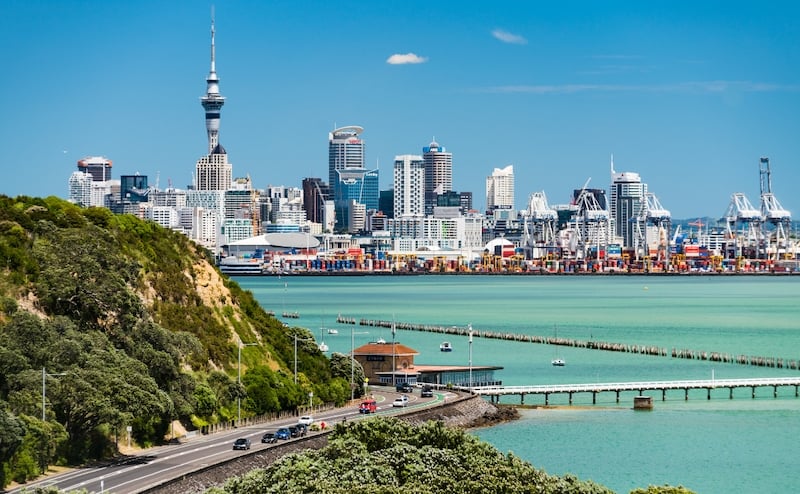Update as of 14 Sep 2022: New Zealand will be lifting all travel restrictions related to COVID-19 beginning 26 Sep 2022.
Now that New Zealand is open for tourism, we’re sure many of you are looking forward to exploring its many wondrous sights. From cities like Auckland to natural wonders in the countryside, there is certainly a lot to look forward to.
But before all that, find out everything you need to know for your trip — including New Zealand travel restrictions and up-to-date requirements.
Also read: 10 Fantastic Reasons Why You Should Visit New Zealand
New Zealand entry requirements

Image credit: wellyboots via Canva Pro
Foreign tourists aged 17 and above must be fully vaccinated in order to visit New Zealand. Those who recently tested positive before their trip may still enter as long as they’ve completed the required isolation period and no longer show any symptoms.
Pre-arrival documents for travel to New Zealand
All fully vaccinated travellers must meet the following New Zealand travel requirements:
- Passport with at least six months’ validity
- COVID-19 vaccine card or certificate
- New Zealand Traveller Declaration
- Click here to know more
- Visitor visa or NZeTA
- Click here to know which one you need
- A return ticket or a connecting ticket to continue travelling to another country
Arrival in New Zealand

Image credit: nazar_ab via Canva Pro
Upon arrival, visitors must be able to provide proof of having sufficient funds for their trip, as well as a return ticket home. However, most travellers are required to take two rapid antigen tests (RATs). These will be provided for free at the airport’s Biosecurity section, after you have gone through Customs.
Travellers will need to take the test twice: on their first day and on their fifth day (if you’ll be staying until then). You must report your RAT results, regardless if it’s positive or negative. Those who test positive must self-isolate and cover the extra accommodation costs. That said, getting travel insurance with COVID-19 coverage is highly recommended.
The only exceptions to this RAT requirement are: children under six months of age; arrivals from the island of Niue; and travellers transiting in New Zealand. Click here for more info.
During your stay

Image credit: JLee80 via Canva Pro
As of writing, mask-wearing is required on flights and in public indoor settings, public transport, and outdoor settings where social distancing isn’t possible. New Zealand operates with a traffic lights setting (i.e., their COVID-19 Protection Framework) and is currently under the Orange setting.
Also read: Japan Entry Requirements for Tourists: Everything You Need to Know
Now that you’re familiar with all the New Zealand travel requirements, check out some inspo here to get you started on your travel planning.
Featured image credit: Ali Saadat via Canva Pro





